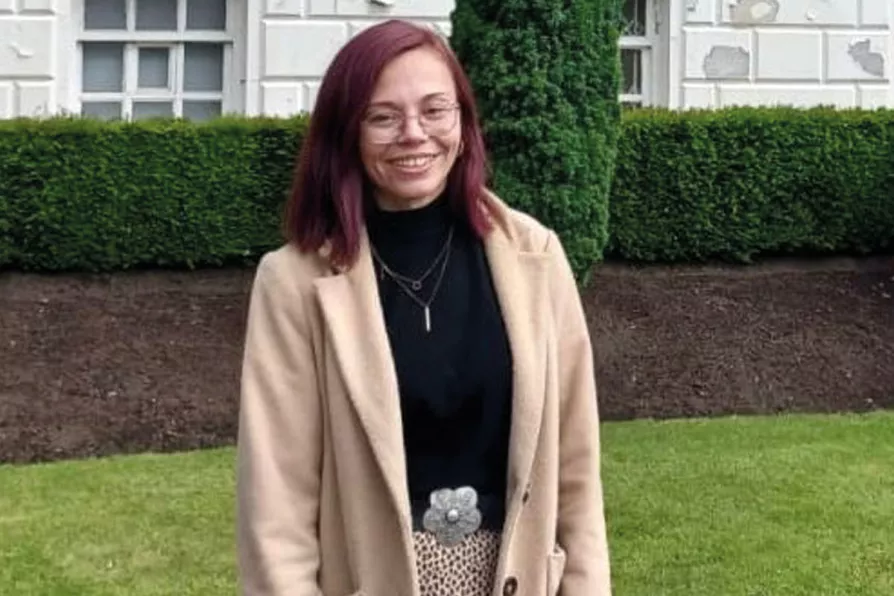This weekend, the NEU holds a special conference to debate changing its approach to organising teaching assistants, which a 2017 TUC agreement forbids. General secretary DANIEL KEBEDE outlines the choices before delegates


THE Commons has never had a woman actively experiencing poverty sit as an MP. So if Maddison Wheeldon gets elected, it will be a historic first.
The single mother of two is standing as an independent for Warrington North. Driven by a determination to hold power to account, Wheeldon was studying law at the University of Manchester during Covid.
But unable to afford her rent, she was forced to drop out. “I was facing a situation where I was having to go to the housing office with my kids in tears because I thought I was going to have to live in my car,” she says.

If we can tackle the big issues, like delivering decent public services and affordable state-built and owned housing by making the richest pay a fair amount of tax, Labour can win back the trust and support of the electorate, argues ANDY McDONALD MP

LOTTE COLLETT welcomes the arrival of a new party for the left, a vehicle for councils to finally fight for progressive policies on housing, green spaces and public facilities, rather than administering cuts and misery from central government

We’ll be developing a people’s manifesto for the 2026 local elections. We’ll network, learn, inspire and support each other and chart a future path for socialist politics, writes JAMIE DRISCOLL











